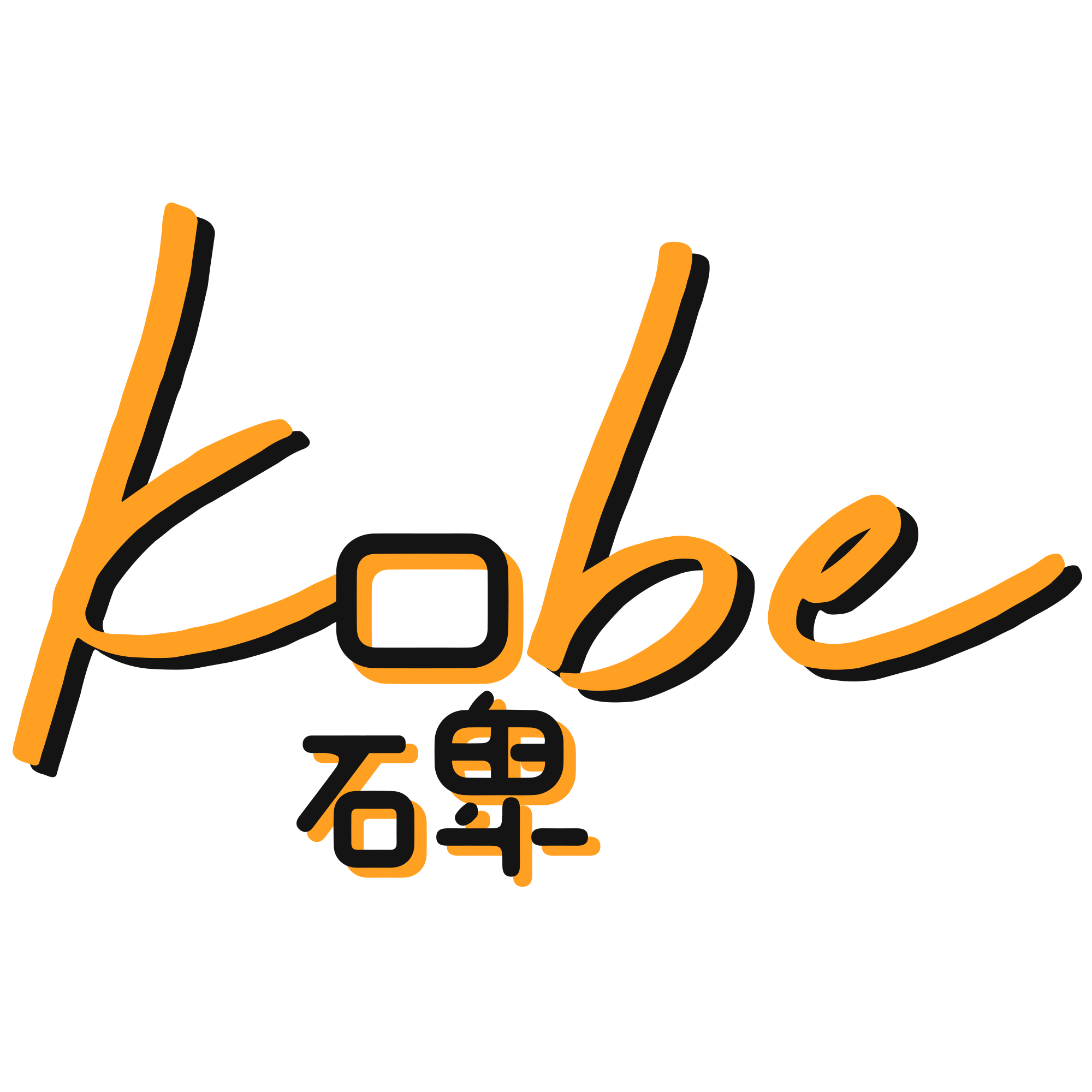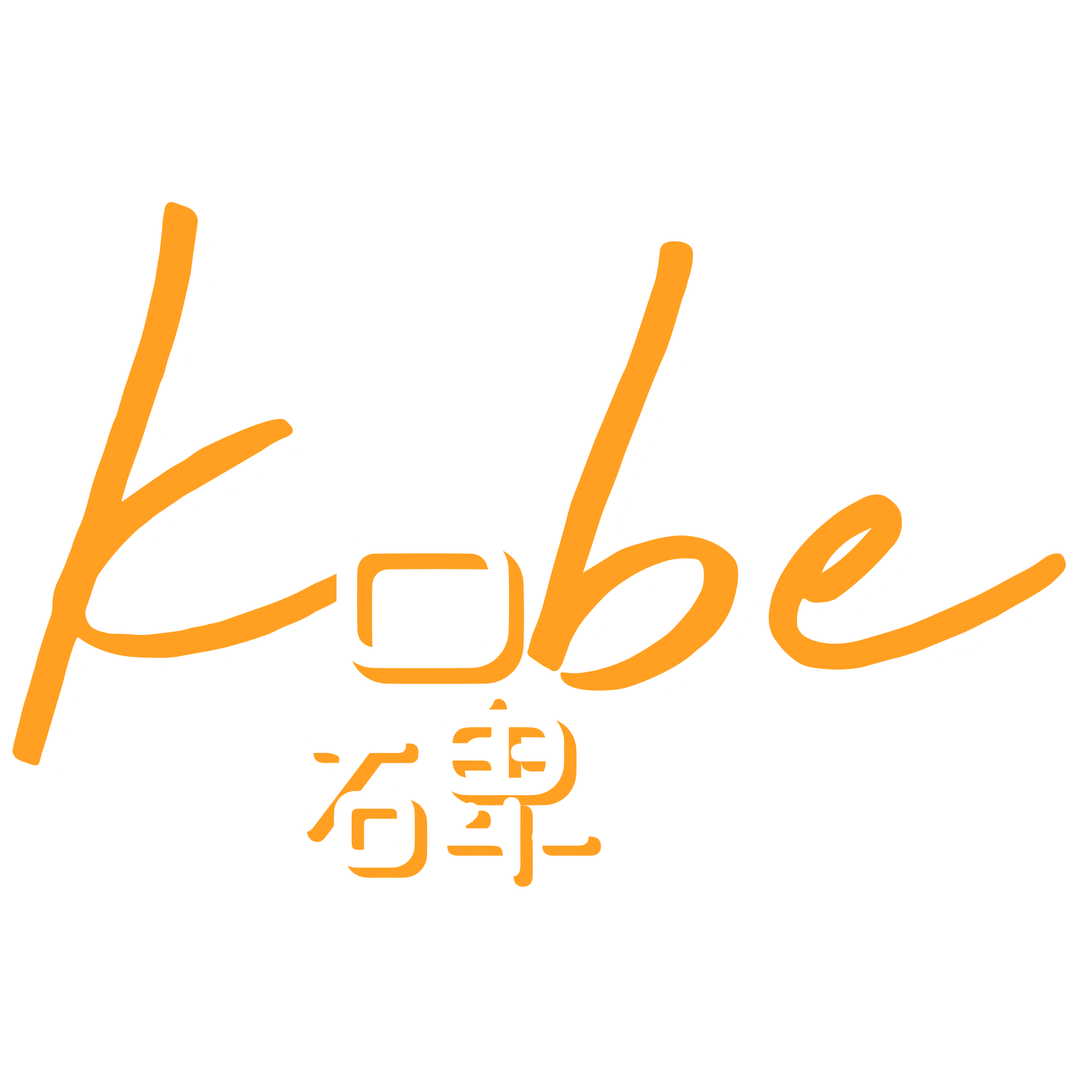Did you know that influencer marketing has a specific way of measuring ROI (return of investment)? This is due to the unique nature of marketing on social media.
Before going into any influencer marketing campaign, there are some “must-know” facts every marketer should be aware of.
Therefore, today’s article seeks to clarify common sayings about influencer marketing. You can find out which are the facts and which are the myths of influencer marketing as you read on!
Influencer marketing myths #1. Firstly, can influencer marketing be completely automated?

Influencer marketing has been as a highly modern form of marketing. It is marketing made possible with the technological advancement of social media.
In recent years, many have been talking about the technological advancements in the industry. From the use of artificial intelligence (AI) to pick the most suitable influencers to the creation of ‘influencers’ with AI software, technology has been a big part of the industry.
Therefore, we may think that the influencer marketing process can now be fully automated. After all, if AI can pick and create the influencers needed, what else is left for us to do?
However, that is not the case. Influencer marketing requires a human touch. This is especially so in today’s context, where there are many brands in the influencer marketing industry.
Hence, for your brand to stand out on social media, more thought must go into an influencer marketing campaign.
There are factors such as creativity and content ‘sensitivity’ (knowing what content is possibly insensitive and not appropriate) that cannot be fully replicated by technology. Processes such as content checks have to be done by an experienced marketer. Therefore, it seems like manpower will remain a crucial aspect of influencer marketing.
To add on, influencer marketing is about connecting with customers through your influencers. The human connections required in the job cannot be replicated by technology. For instance, the maintenance of the relationship between your brand and your influencers will always require the human touch.
Influencer marketing myths #2. Is Influencer Marketing a fad?

Influencer marketing has been termed as the fastest growing marketing industry. The influencer marketing industry was worth 2 billion in 2017. Today (2019), experts estimate the industry to be worth 6.5 billion, thrice it’s worth in 2017.
At the rate it is growing, it is no surprise why some might think that influencer marketing will plateau soon.
However, we think that influencer marketing is not going to slow down anytime soon. This is because influencer marketing is higher catered to consumer behaviour.
We have a tendency to be influenced by what the people around us are saying. Nielsen reported that 92% of consumers believe suggestions from friends and family more than advertising. Word of mouth marketing is extremely important in the consumer purchase journey. Therefore, the use of word of mouth (influencer) marketing is likely to stay relevant even in the future.
To add on, experts expect the industry to be worth $10 billion by 2022. This is in line with statistics such as the increase in influencer marketing budget among most companies (Mediakix). Therefore, the steady growth in the industry points to the bright future influencer marketing has.
Influencer marketing myths #3. Influencer marketing has little to no regulation?

Some marketers might think that legislation has not kept up with such a new industry since influencer marketing is relatively new.
However, that is not the case. Several stakeholders have stepped in the past few years to implement regulations to protect the rights of consumers.
Firstly, social media itself have come out with guidelines to increase the transparency of influencer marketing campaigns.
For instance, Facebook has came up with a branded content tag. It is a tool “that enables publishers and influencers to tag a marketer in a branded content post.” As stated by Facebook, “publishers and influencers must use this tag for all branded content shared on Facebook.”
Likewise, other social media platforms such as YouTube have similar regulations to ensure proper disclosure of branded content.
Secondly, legislation in many countries has also kept up with the influencer marketing industry. In countries like the United States, the Federal Trade Commission has sent warning letters to
celebrities, brands, and influencers that flout the disclosure rules of brand partnerships.
Similarly, Singapore has also taken steps to regulate the influencer marketing industry. From coming up with guidelines (ASAS), to facilitating taxation of influencers, there are current measures in place to protect the stakeholders in the influencer marketing industry.
Influencer marketing myths #4. It is difficult to measure the results of an influencer marketing campaign

We have seen many marketers steering away from influencer marketing due to the ‘lack of’ ROI indicators.
However, there are ways to measure the impact of your influencer marketing strategy. Common indicators include engagement rate and reach. Reach measures the number of people that have been exposed to your marketing efforts. Engagement rate measures the number of users who interacted with your campaigns (by liking/commenting/sharing your content).
How successful a campaign is can be measured in many other ways too. Traffic directed to your website, the number of discount code redeemed, number of clicks — these are some of the methods you can use to gauge the impact of your campaign.
Influencer marketing myths #5. Celebrity influencers are always the best

Celebrities have always been at the forefront of the marketing industry. From TV advertisements to billboards, celebrity endorsements are very common.
While celebrities are great (due to their immense popularity), only using celebrity influencers might not be a good choice.
This is because the most important factor of a successful influencer marketing campaign is a relevant influencer. Whether the influencer is extremely popular is not always what matters. This means that influencers chosen should be individuals who create content that is in line with your brand’s image, products, and services.
We hope that you now have a better understanding of influencer marketing. Be careful not to be misled by these well-disguised myths!
Sources
Mediakix.com, influencer-marketing-misconceptions-myths/
adweek,richard-wong-paid-guest-post-7-most-common-myths-and-misconceptions-about-influencer-marketing/
singlegrain.co,influencer-marketing,how-artificial-intelligence-is-transforming-influencer-marketing/
www.facebook,facebookmedia/blog/updates-to-our-branded-content-policy






